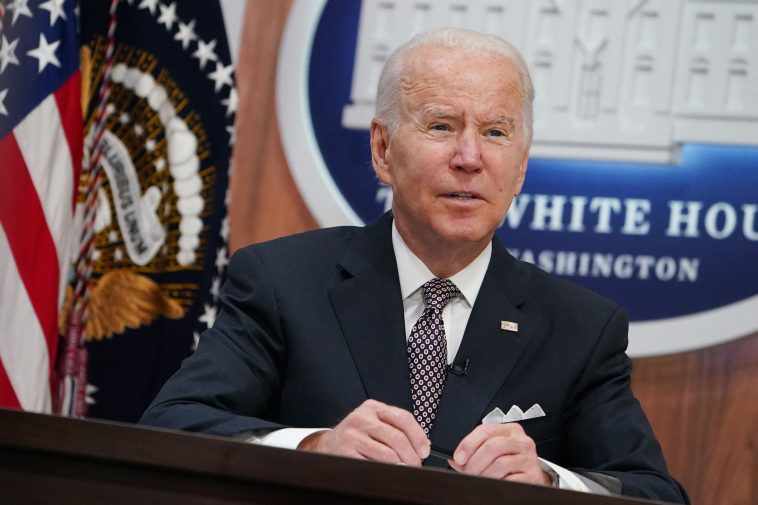The Biden administration has granted George Washington University (GWU) $5 million through the National Science Foundation to develop a system aimed at addressing online “misinformation” and protecting experts, including journalists, scientists, and public health officials, from what it calls harassment. Critics argue, however, that the program is a thinly veiled effort to silence dissent and suppress viewpoints that challenge mainstream narratives.
A Broad and Vague Mission
The grant, awarded in September 2022, funds a project that offers real-time support for experts who claim to face digital abuse. The initiative includes personalized safety assistance, online abuse monitoring, and “community care” rooted in trauma-informed practices. Yet, many have raised red flags over the project’s vague terminology—particularly around what constitutes “misinformation” and “harassment.”
“This kind of initiative is ripe for abuse,” said media watchdog Matt Palmer. “If the government gets to define misinformation, they’re one step away from labeling any dissent as dangerous or harmful.”
A Part of Biden’s Broader Spending on Misinformation
The GWU grant is only a small portion of the Biden administration’s broader push to combat what it defines as false information. Reports reveal that the administration has already spent at least $267 million on various programs aimed at controlling misinformation, much of which has focused on COVID-19 and public health messaging.
President Trump and many Republican lawmakers have criticized such initiatives as taxpayer-funded censorship, with Trump promising to ban federal agencies from using terms like “misinformation” in future government programs.
“Under my administration, we won’t allow the government to pick and choose what Americans are allowed to say or believe,” Trump said during a recent rally.
The Real Threat: Free Speech at Risk
Critics warn that while the program is marketed as a tool to protect experts from genuine harassment, its lack of specific definitions could lead to the suppression of legitimate discussions and alternative viewpoints. For example, past efforts to label opposing voices as “misinformation” often involved topics that later proved to be legitimate concerns, such as the lab-leak theory of COVID-19’s origins.
“This isn’t about protecting experts from harassment,” said constitutional lawyer Andrew McMillan. “It’s about creating a shield to deflect criticism and suppress opposing ideas under the guise of protecting public discourse.”
McMillan also pointed out that terms like “misinformation” and “harassment” can easily be weaponized against political opponents. “What happens when an expert gives testimony that contradicts the government’s stance? Are their critics going to be silenced too?”
A Lack of Accountability
Adding to the concerns is the program’s apparent lack of accountability. The grant’s framework provides little guidance on how to ensure that the system won’t be misused to target innocent individuals or stifle free speech. Without clear parameters, experts worry the program could devolve into a mechanism for suppressing inconvenient truths.
“There’s a difference between harassment and public criticism,” said James Reynolds, a political commentator. “Protecting people from threats is fine, but if we’re talking about insulating government-backed experts from public accountability, that’s a problem.”
What’s Next?
As the project at GWU moves forward, legal analysts predict that it could face challenges if it’s shown to suppress speech protected under the First Amendment. Lawmakers like Senator Josh Hawley (R-MO) have already called for investigations into government-funded “misinformation” initiatives, arguing they represent a dangerous expansion of government control over public dialogue.
“The American people deserve answers,” Hawley said. “We’re not going to sit back and allow taxpayer money to be used for censorship. If this program crosses any constitutional lines, we’ll put a stop to it.”
Conclusion: A Slippery Slope
As public scrutiny intensifies, the debate over how to address online abuse without trampling on free speech rights will continue to take center stage. For now, critics remain wary of any government-funded effort to police speech, especially in an era where political divisions often dictate which narratives are promoted or suppressed.
“If the government wants to combat harassment, that’s one thing,” said Palmer. “But when they start using terms like ‘misinformation’ as a catch-all to silence dissent, they’re playing a dangerous game that could backfire in a big way.”


